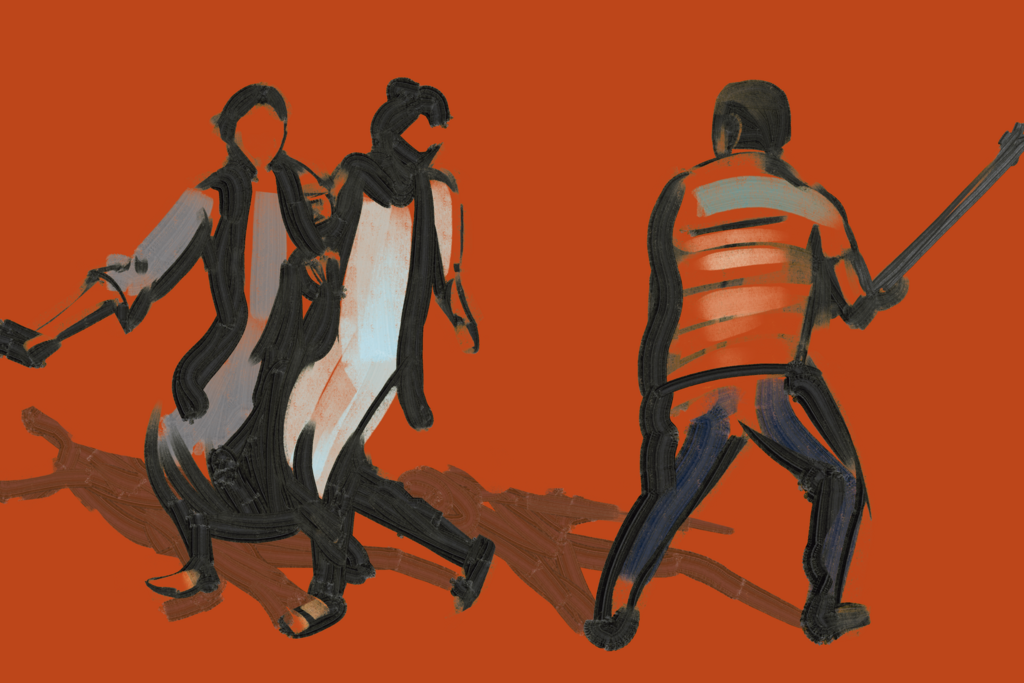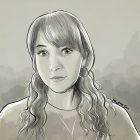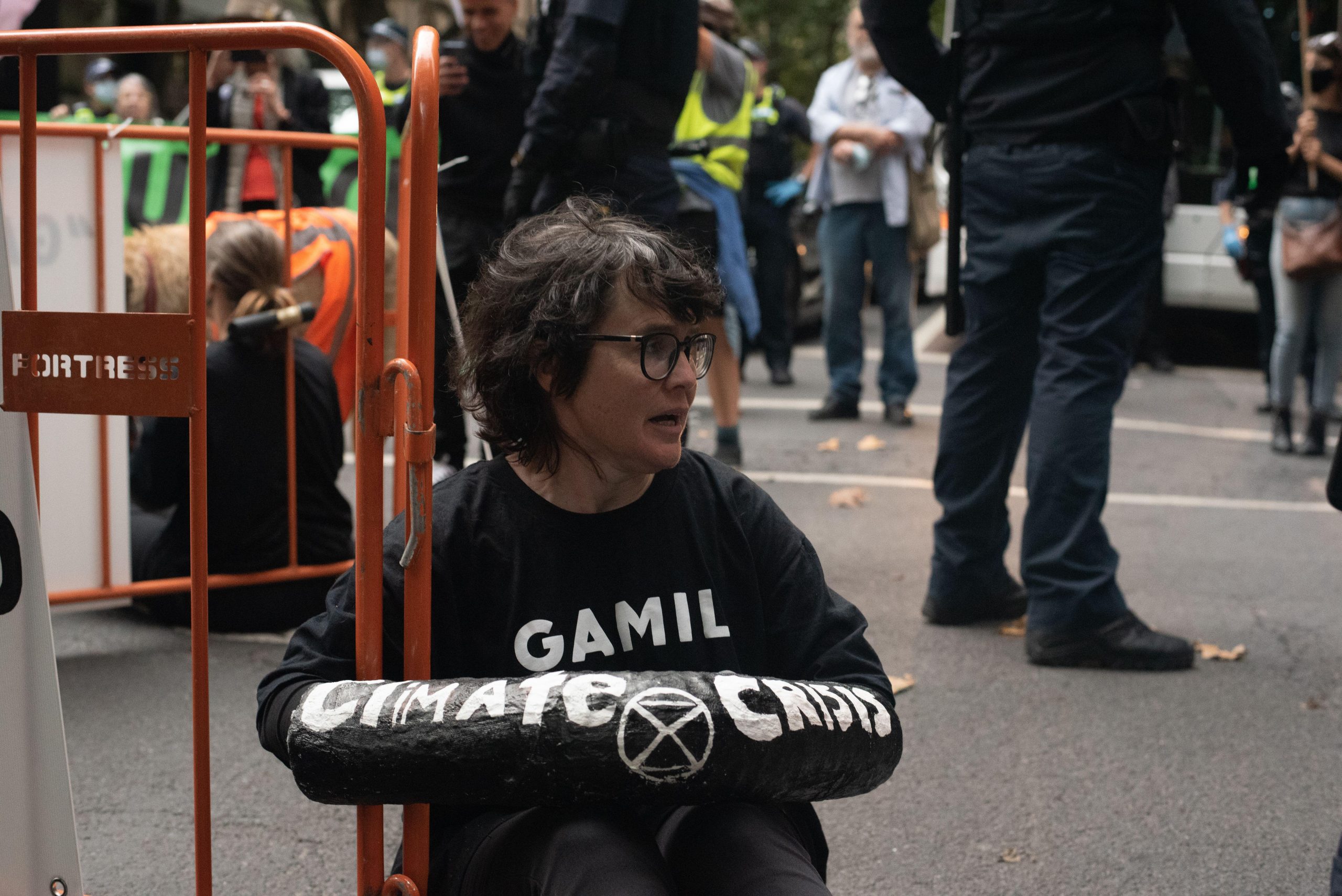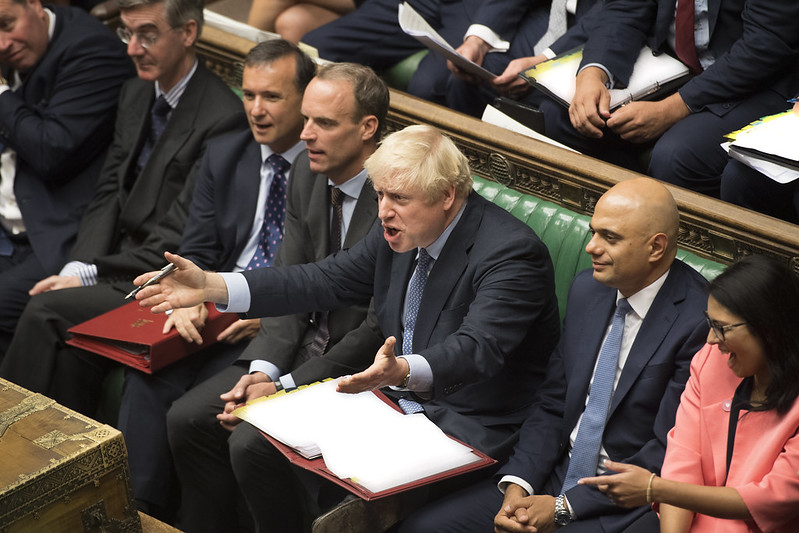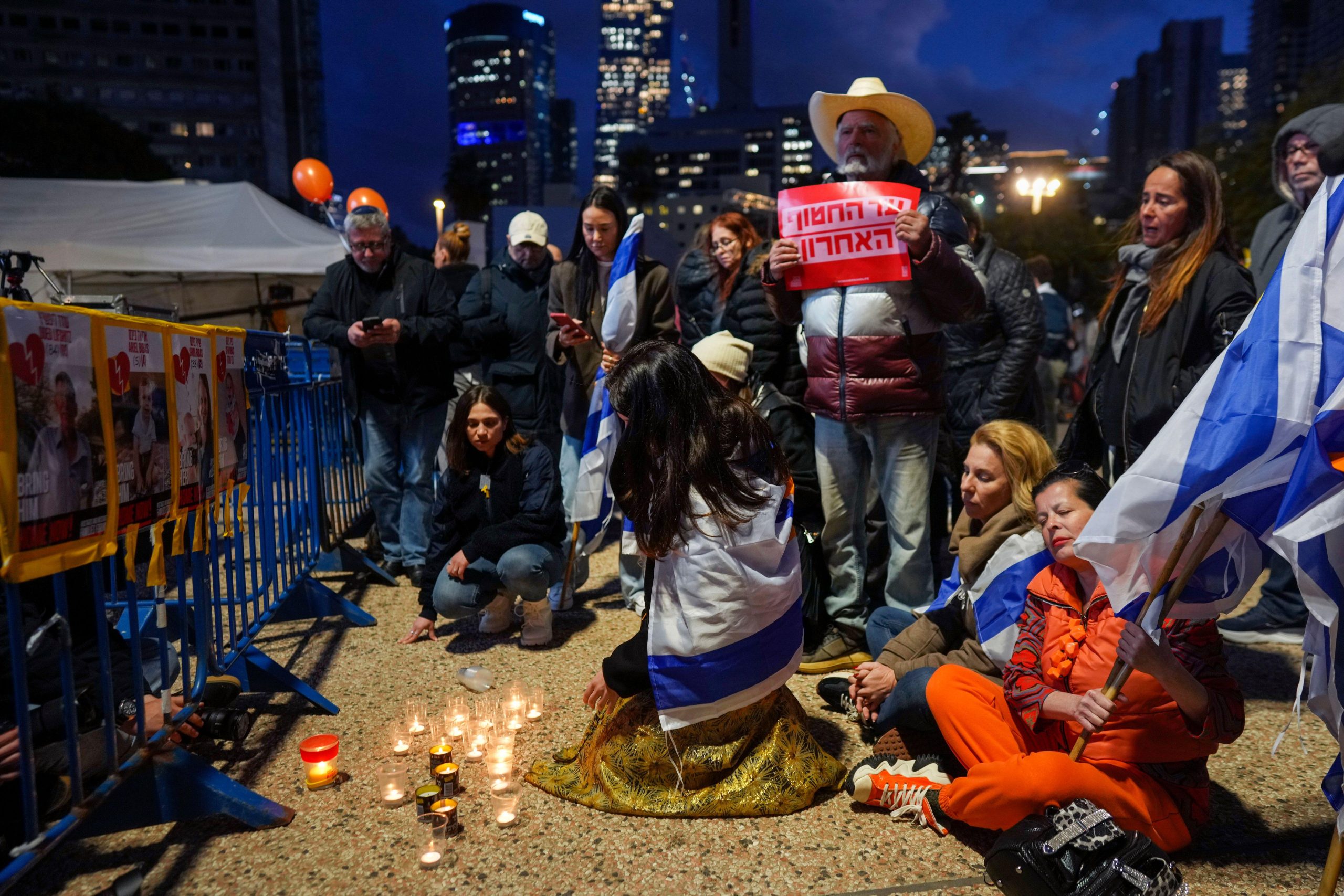In the air above Natun Bazaar in Dhaka last Friday, a helicopter swept over protesters. Not to monitor or to film, but to shoot at them. This is according to on-the-ground BBC reporters, who described the area as resembling a war zone. There is some dispute as to whether the helicopters just fired tear gas, sound grenades and rubber bullets or whether live rounds were also used.
The freedom of expression implications of the recent violent situation in Bangladesh are numerous, and in some cases pretty obvious. For starters, many young people have been killed for taking part in street protests. Students who set out to raise their voices against a policy from the governing Awami League are facing police and military violence. They have now been put under curfew and police given shoot-on-sight orders. Emergency rooms are overwhelmed as more and more people have been swept up in the violence with around 200 people reported killed and thousands more injured. Two of those people who died were journalists, Hasan Mehedi from the Dhaka Times and ATM Turab from the newspaper Dainik Naya Diganta.
All the while, another popular weapon in every authoritarian’s arsenal has come into play: the classic internet blackout. A lot can happen when communications networks are closed down and Bangladesh has seen some particularly horrifying examples. The service has now been partially restored, but for five days people were left in the dark. We know from past experience that an internet and mobile shutdown means there’s no way to check loved ones are safe, no way to look at maps to get to safety and no way to call an ambulance. Journalists are unable to report on what is happening and misinformation is given the space to run wild. The excuse for internet shutdowns is always that they “quell violence”, but they make everyone’s lives more dangerous and mean the state can act without oversight or accountability
What is quite incredible is the narrative being set by the Awami League. A side note here: Prime Minister Sheikh Hasina has been in power for four consecutive terms, and the latest election came with a side order of arrests of opposition figures. Bangladesh is also one of the most corrupt countries in the world and getting worse according to Transparency International.
Anyway, head to the Bangladesh Sangbad Sangstha (BSS) website, the national news agency of Bangladesh (read: propaganda outlet for the government) and the current story has a very different angle. In an article yesterday, Prime Minister Sheikh Hasina referred to the “anarchists who went on rampage for multiple days” and said she is “seeking justice from the masses”. Just two hours later, another article arrived — a government minster declared that “Prime Minister Sheikh Hasina would take responsibilities for the families of the people killed in recent nationwide mayhem”. He blamed the “arson terrorism” on the opposition Bangladesh Nationalist Party (BNP) and Bangladesh Jamaat-e-Islami, the county’s largest Islamist party.
Amid the sparse reports on the violence, there are few photos of the clashes. The Awami League gives a performance of compassion for dead students, while blaming their deaths on the BNP and Jamaat and not on government action
The leading English language newspaper in Bangladesh, The Daily Star, which is non-partisan, republished chunks from one of the BSS articles, with no additional context or comment, and then, perhaps bravely, published an opinion piece calling the excessive use of force against protesters “unconscionable” – published with a delay due to the internet shutdown. Another opinion article describes the protesters as rioters. Leading independent newspaper Prothom Alo has been covering the violence too, including comments from UN Secretary General spokesperson Stéphane Dujarric that people must be allowed to “protest peacefully, regardless of where they are protesting, without fear of arrest, injury or worse”.
There is independent media in Bangladesh. Just don’t look at the TV news channels, because you won’t find it there. But there are several problems. First, according to sources we’ve spoken with, a huge number of people are compromised, with connections either to the Awami League or the BNP. Secondly, journalists who criticise the ruling party put themselves in very real danger. They risk coming under fire from the Cyber Security Act, facing years in prison for publishing what’s deemed anti-Bangladesh propaganda. And they risk violent attacks from both Awami League supporters and religious fundamentalists. That cannot be a good recipe for media freedom. Third, ordinary people are afraid to speak out.
To that end, finding brave, independent journalists free from political influence is no mean feat. So, if you are in fact a young Bangladeshi journalist, blogger or videographer that is committed to fair reporting, we’d be pleased to make your acquaintance. Please get in touch.

